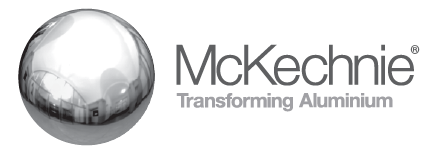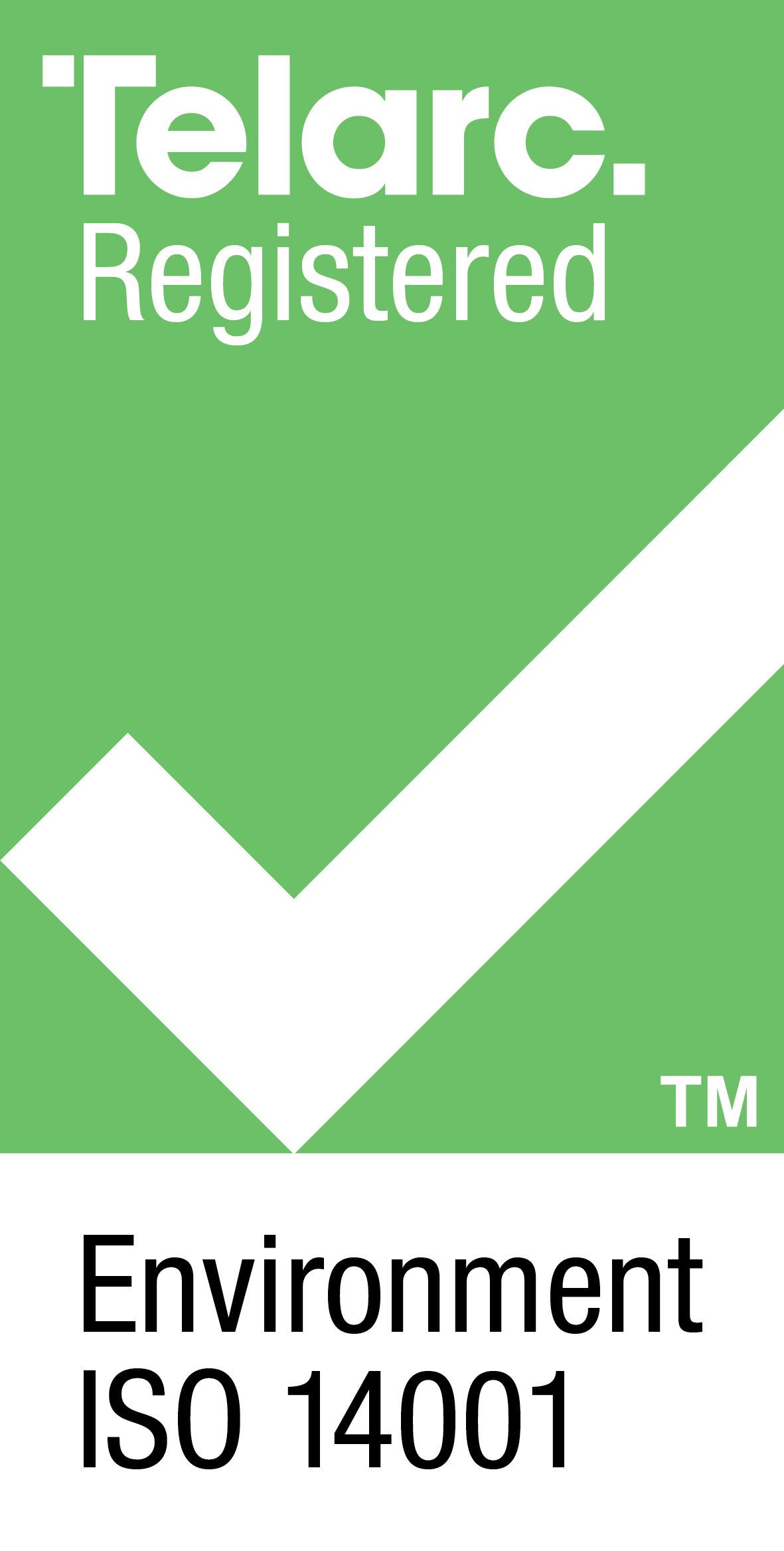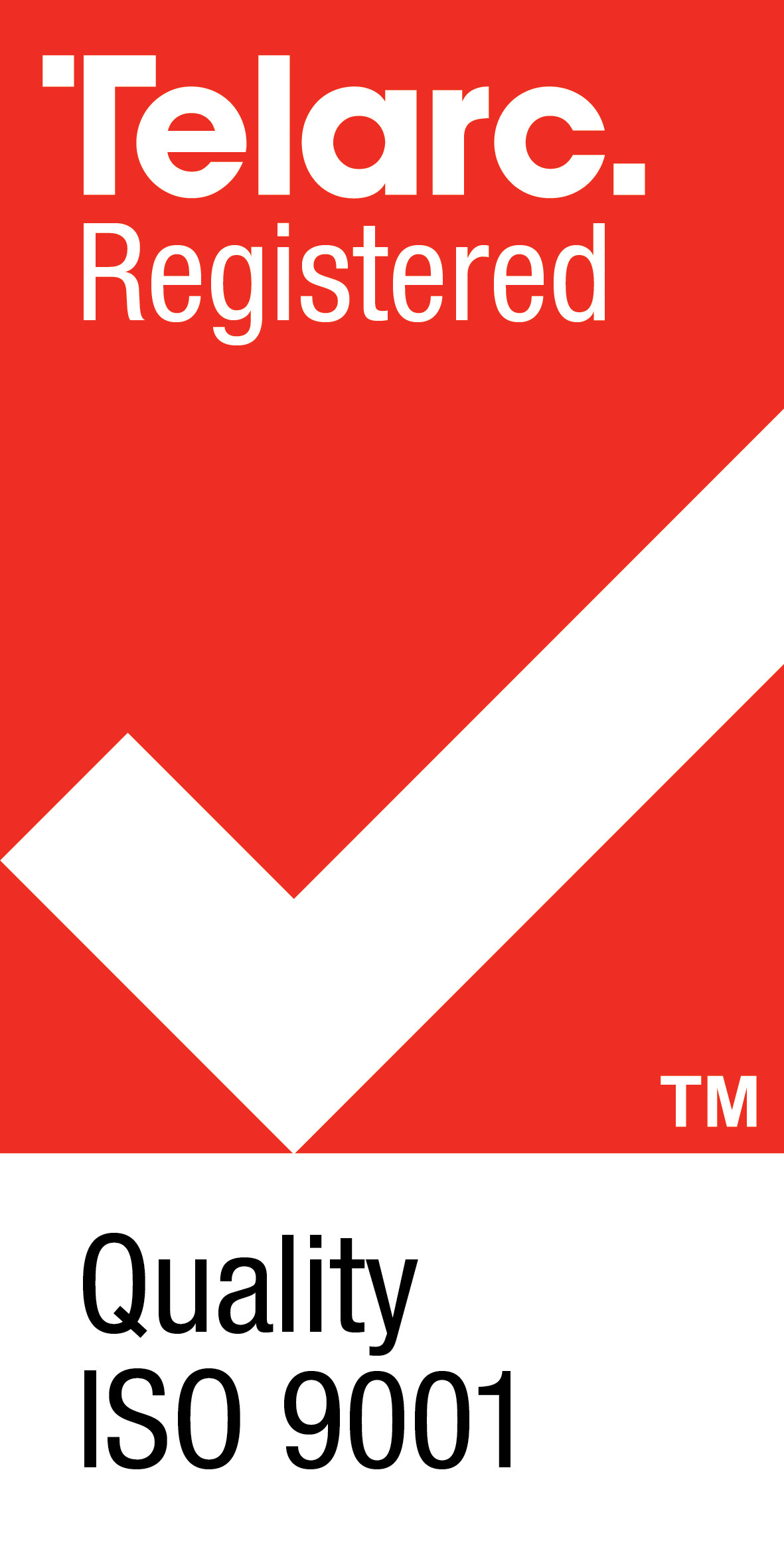Menu


Technical Specifications
Handling and Storage of Aluminium
All fabricators and other manufacturers who use aluminium as a raw material face the need to handle and store it. Aluminium can, with very little care, be kept in good condition. It has a high natural resistance to the corrosive conditions normally encountered during transport and storage. The principal conditions against which it is necessary to guard are those likely to cause surface abrasion and water stains.
Every effort is made at McKechnie Aluminium to pack aluminium extrusions in a way which avoids surface deterioration during transport. The method of packing minimises damage due to flexing and twisting, while paper and spiral plastic wrapping protects ultimately visible surfaces. The method used has proved highly successful in New Zealand for many years. Nevertheless, it is advisable to inspect all loads as soon as possible after arrival to ensure that damage has not in fact been caused by excessively severe conditions during transport.
When transport marks are present they take the form of scratches or general abrasion, or a condition resembling black cinders embedded in the metal. The latter results from mechanical abrasion followed by oxidation of the abraded areas. The main disadvantage of such a damaged surface is its unsightliness and its effects on finishing operations. It is not important if the damaged face is ultimately not visible. Surface damage does not affect mechanical properties.
Water stains are non-metallic in appearance and while usually whitish, may appear iridescent, depending on the alloy or degree of oxidation. They are caused by entrapment of water between adjacent surfaces of closely stacked metal. The purer aluminium alloys are more resistant to water stain, while the condition seems most pronounced on those alloys having a high magnesium content. Water stain is superficial and mechanical properties of the metal are not affected. Should a shipment of aluminium arrive in a wet condition, it should be immediately thoroughly dried before storing. Drying may be by evaporation in air or by means of dry air currents. Very wet metal should first be wiped down. When a metal is dried as above within a short period of its becoming wet, no stain will result. If there is a slight stain and the metal is dried, the stain will not develop further.
Aluminium, once dry, should not be stored near such obvious water sources as steam and water pipes and should be kept a reasonable distance from open doors and windows.
Probably the most troublesome cause of water stains is condensation. It may be prevented by avoiding conditions where the temperature of the metal drops below the dew point of the surrounding air, or, conversely, where the moisture content of the air increases enough to take the dew point above the metal temperature. It is thus important that there should not be a sudden fall in temperature or increase in humidity in the place of storage.
Architectural extrusions, as packed by McKechnie Aluminium, will keep well in their packs for a reasonable time so long as atmospheric conditions do not vary too greatly as described above. However, the packs should not be stored outside since they are not designed to withstand exposure to weather and the variations which occur outside.
When cold metal is brought into a warm shop area it should be left undisturbed, in its pack until the aluminium has been brought up to room temperature. This may take 36 to 48 hours. Opening the pack before the metal has reached room temperature may result in water stain from the condensation which forms on the cold metal.
When the surface of a stain is reasonably smooth and it is quite superficial, appearance can be improved by mechanical or chemical treatments. Scratch brushing with "Scotchbrite" is effective in removing water stains. A suitable chemical dip which does not produce undue etching is an aqueous solution containing 10%sulphuric acid and3% chromic acid at 82C.
In storing aluminium it is desirable to avoid contact with other metals which sometimes cause scratches or other marks. The use of shelving or racks faced with dried wood is recommended. Aluminium should also be kept away from caustics, nitrates, phosphates and some acids.
When large quantities of metal are used continuously the oldest stock should be used first. Stock on hand should be checked from time to time and this will help to prevent any serious corrosion.



